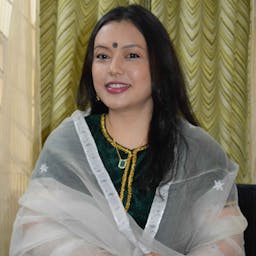A little egg curry with lasagna, if you love me
Jan 21, 2015
Story
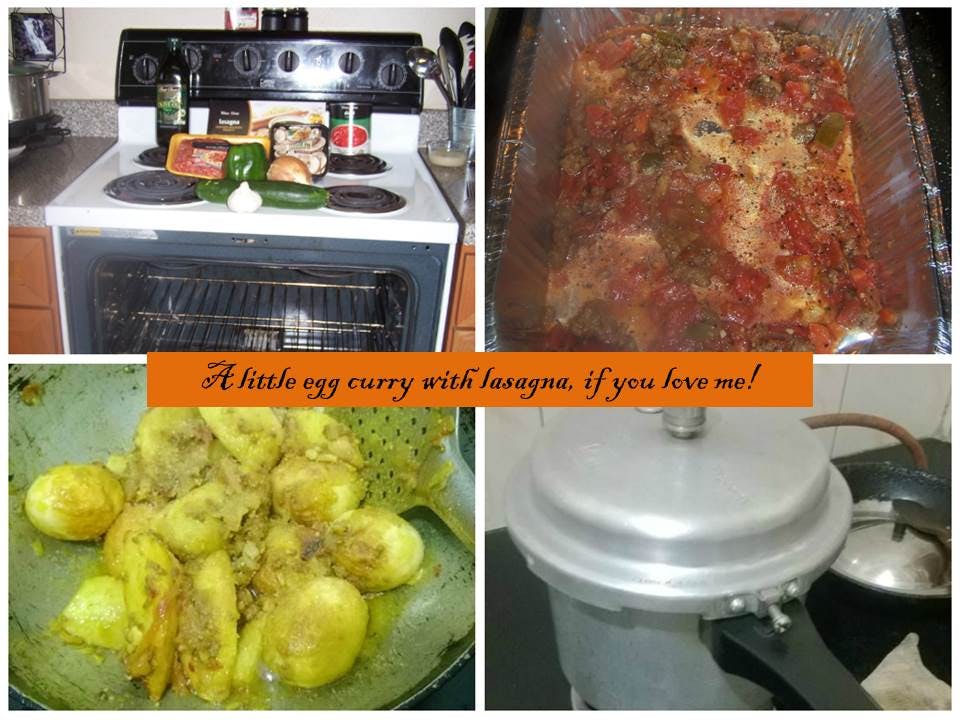

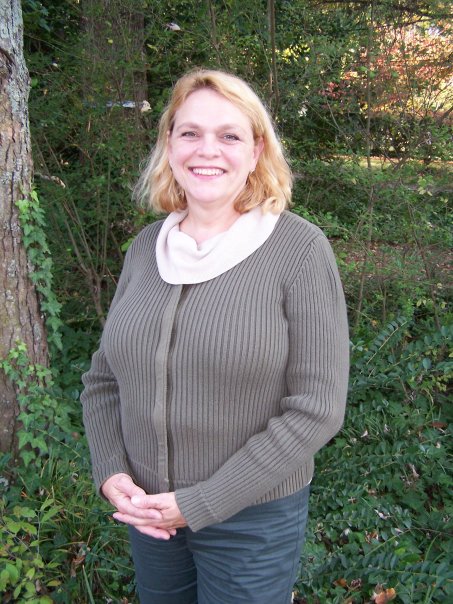

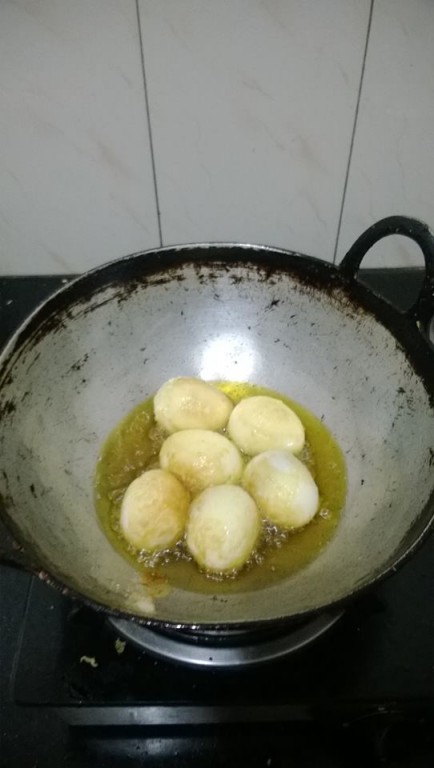





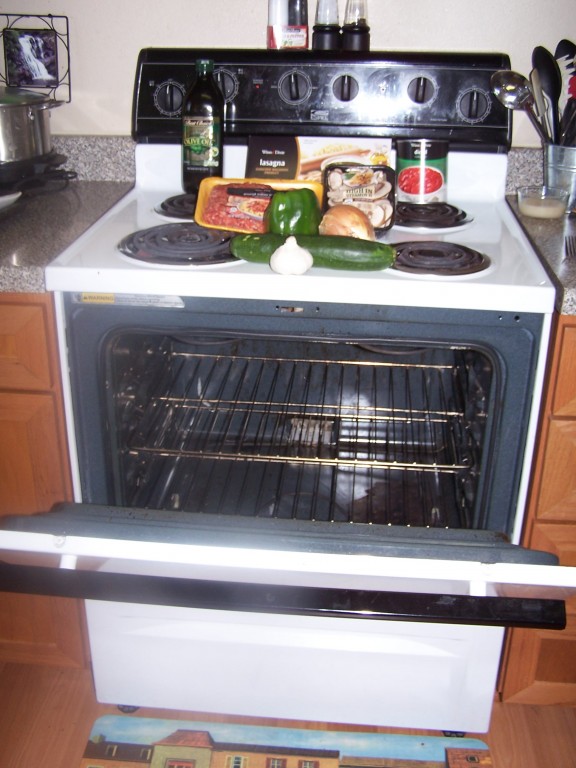
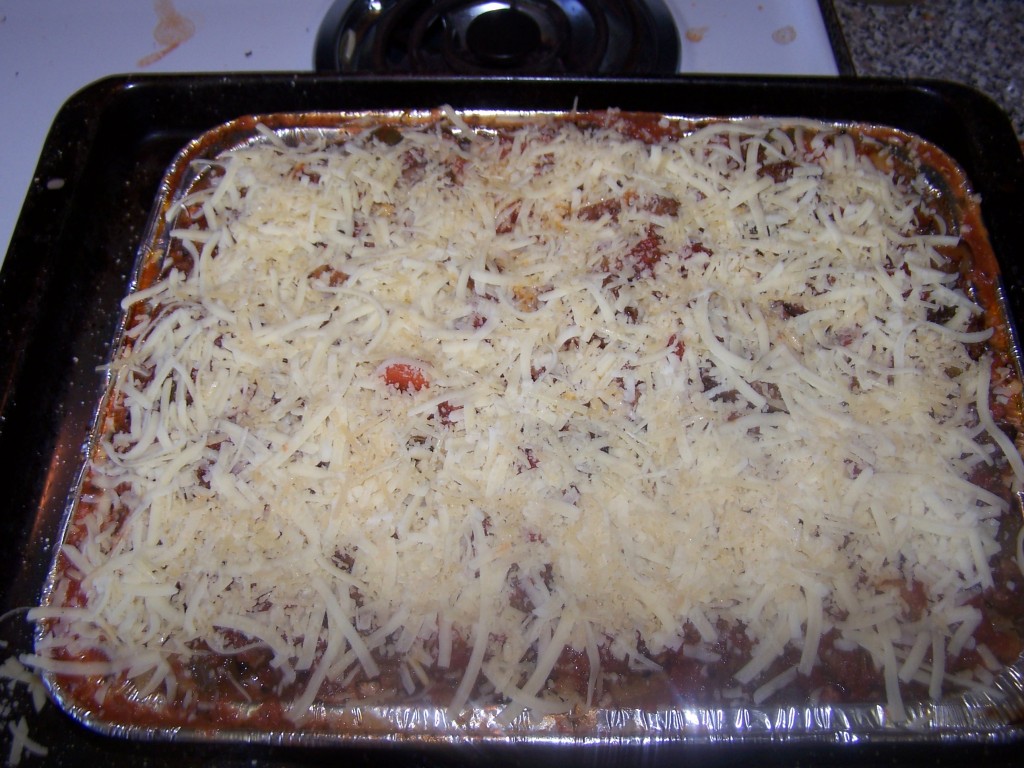

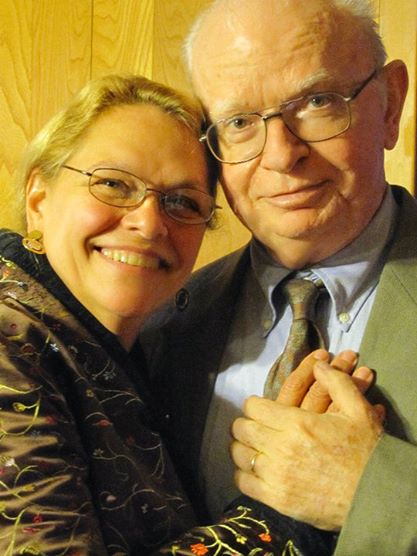
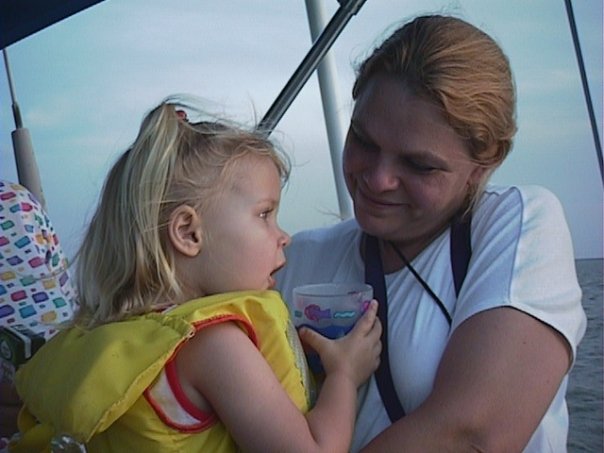

" Our experience of discovering issues around women through sharing recipes."
Dear Yvette Autin Warren,
I tell my daughter to play outside in the park or the front of the house in real than to play a game on the tab. I insist she first sees, tastes, feels and explore the fabric of this wonderful, real world before she walks into the virtual world, lest she lose sight of the distinction between the two.
Yet, it is in this sea of the virtual space that I first met you.
I tell her also in a different time that if people tell her that there are many countries, religions, communities and traditions in this world, let that information not make her believe that geographies are the cause of differences and conflict that we see today in this world. I tell her about you, my sister that I have met on World Pulse and stayed connected on Facebook and how with you, I have never sensed the borders that separate us. In our association, of all other friendships, I have felt most 'understood', 'heard', 'loved' and ‘supported’.
I hope she grows up to learn from my life account that when there is conversation, sharing and love, prejudices, propaganda and racial discrimination don’t stand a chance to exist in our lives.
I know it’s not going to be easy to understand the real from the virtual, and then value a real relationship that came from a virtual space but this is the reality of my life and realities are not always easy to understand, are they?
Has it been three years this soon? I cannot recollect the precise time when from being an American woman author from Louisiana, USA among my friends on social media, you began to feel like a person I would look forward to interact with online. If I ask you to remind me what precipitated the turnaround in the way we started seeing each other, you tell me it’s the first skype call we had some time ago during May 2014. I differ from you in this. The U-turn occurred on a Sunday if I were to follow the calendar of my heart.
Let me remind you of that beautiful spring Sunday morning.
What set that day apart was your presence besides me while I cooked the Sunday brunch for my family, a rare occasion in a week where cooking is not a compulsion but a delight after summing up hurriedly prepared meals weak long! Though, you were not physically present, we had been logged in on Facebook together and decided to have you witness how I created an ‘Indian meal’.
I ground ‘masaIas’( Hindi word meaning spices), got fresh vegetables, eggs and fruits, to sum up a lavish meal in the course of an hour and a half while all the while I shared pictures of the small steps involved and shared instructions and small talk with you.
I thought it would be a simple thing happening between two friends, it was not the first time I was sharing a recipe surely, only to find that our discussion led from the type of ingredients we use, the parts of the country it is grown, the main crops and the staple food we ate, the types of utensils we use in our countries to cook, the type of stove used, to the time spent by a woman in the kitchen, how her productivity to do anything else lessens with this huge domestic chore, the gender norms and the imbalances.
I noticed the author and feminist in you and I understood the health activist and journalist in me, each one of us eager to dismiss the barriers made my man and eager to ‘build bridges’ across them. In this conversation between us over cooking our food for each other, we taught each other about our own country and opened up deeper issues related to it.
You pointed out that an Indian woman spends unbelievable amount of her time in a day in cooking and led me to think about what the solution to it could be. She spends five hours, if not more, in a day in just cooking and that does not include shopping/procurement of the groceries. She also carries the burden of being the sole executioner and cannot demand support from the male members of the household.
Irrespective of her occupation, be it a home maker or a working woman, an Indian woman was responsible for all the meals all the days of her life, till one day she would have a daughter-in-law who would take over that burden.
I especially have fond memories of your account where everyone helps in household chores in your country and the kitchen is not necessarily a woman’s domain.
Do you remember we first discussed how to cook egg curry? This would be served with some cucumber and tomato salad and rice. The amusing part turned out to be when I used boiled potatoes in the egg curry while you told that Richard, your husband (Irish) ate potatoes as his staple food and here I was adding it to the curry!
I introduced you to the turmeric powder, onion, mustard and fenugreek seeds but I found great source of amusement to see you sit back when I introduced you to the utensil we use in India to cook the rice- the pressure cooker.
Other things that came as a surprise to you was the large portions of rice we ate in India, the way food was served, the absence of soups and how we preferred to eat with our hands!
That afternoon, the last picture that went out to you was our family picture of us eating food with our hands, relishing every part of it.
So much of information flowed from you to me during that afternoon.I learnt that Cajun French eat rice and Irish people prefer potatoes to eating rice. I discovered a woman from USA will not think of cooking if she did not have an oven in her kitchen and that microwave was not oven! In just an hour, I felt I had just done a crash course on several subjects over that interaction. I am sure, you might have learnt a thing or two about women’s lives in India besides our eating habits.
An ordinary afternoon preparing family lunch could turn into such a mutual sharing experience with a dear friend (who was intrigued by the time spent by a woman in coming up with a meal and the love required to do it three times a day, every day) from another country owing to our digital empowerment makes me believe in the need to strengthen digital capacity of women worldwide.
I was excited to hear you volunteer to cook lasagna for me the following week and chose to make a version that could be cooked with ingredients that I could find in India, like the ricotta cheese, olive oil and pasta.
While I waited for your turn to cook an Amercian favorite meal, you found all the ingredients of the Indian meal I shared with you from an ethnic grocery store at New Orleans that stored Indian spices. I am amazed by your smartness and resourcefulness to learn that you even managed a lesson on ‘garam masala’ from the International Market owner.
" WOMEN BOND IN A DIFFERENT SPACE ALTOGETHER.
ONCE BONDED, WE CAN MOVE MOUNTAINS AND MAKE MIRACLES HAPPEN,
UNITING RESOURCES AND STRENGTHS TO MAKE THIS WORLD A BETTER PLACE."
Our computer screen shows us (my daughter is right here with me) the white porcelain plate carrying the delicious looking lasagna. The cheese in it makes my mouth water. Never for one moment do we feel at a loss for not being able to lift up
the spoon and dive it in that dish for the simple reason, that our joy on being able to experience this sharing goes much beyond tasting food.
I see a miracle unfold where one woman can influence another woman’s life outcome through the sharing of experiences and joining strengths that comes from their digital connection and ‘building bridges’ across man-made divide. The concern is how many women and girls actually are digitally empowered? How many of them have access to the internet? Is the access just about economy and logistics or it is it also subject to the existence of a great gender barrier where it is believed ‘inappropriate’ for girls or women to access Internet?
What is the implication of not having ‘half of the world’s population’ not have access to the internet? Does the enormous internet gender gap affect economy?
A study done by Intel Corporation confirms the enormous internet gender gap that exists in the developing countries where nearly 25% fewer women than men have access to the internet and soars to nearly 45% in regions such as sub-Saharan Africa. The groundbreaking report shows that one in every five women in India and Egypt believe that the internet is not appropriate for them. The number of women and girls online in developing countries stands at 600 million only which affects their income and potential for securing their own livelihood besides decreasing women’s sense of empowerment.
" WOMEN'S LACK OF ACCESS TO THE INTERNET AND DIGITAL EMPOWERMENT
IS GIVING RISE TO A SECOND DIGITAL DIVIDE, ONE WHERE WOMEN AND GIRLS RISK
BEING LEFT FURTHER BEHIND."
‘Bridging borders’ in the present context essentially involves access of women and girls to the internet. Digital empowerment of women will serve to increase their sense of empowerment and boost their productivity and employability. It will allow women to connect, to learn, to engage and to find opportunities.
It will allow women like me and Yvette to build each other up to a life that has more meaning and power.
* * * * * * * * * * * * *
About Yvette:
Yvette is an author, wife, minister, mother, and grandmother. Her daughter is an award-winning third grade teacher in a Title One school in the USA, and has two daughters. Her son is an entrepreneur with a son and a daughter. Yvette has ministered with food and words for many of her 63 years, and has written several published books, all available at Amazon.com, about both her food and spiritual experiences. She also blogs in both-World Pulse journal, Patheos.com, and OneFamilyManyFaiths.blogspot.com.
About Urmila:
Urmila Chanam is a social development professional in HIV/AIDS and public health, a gender rights activist and a journalist from Manipur in the north-eastern region of India. She single-handedly heads a global campaign on menstrual hygeine called ‘Breaking the Silence’ and gives trainings to women and adolescent girls on hygienic management of menstruation and disposal of used sanitary materials. Recipient of the Laadli Awards for Gender Sensitivity 2013 for her efforts to bring forth issues revolving around women in India, her story’ We don’t talk about it at all’ published in the book ‘We can’t wait’ on the World Toilet Day 2013, reflected the taboos and myths around menstruation. She co-authored a book titled,’ Advice to My Thirteen Year Old Self’ with 50 other powerful women in the world. She is a columnist for the leading English daily, the Sangai Express and writes for global media including the Women International Perspective(USA) and Afghan Zariza(Afghanistan). The Times of India reported her as ‘ the Manipuri woman who busts myths around menstruation’ and the Network of Water and Sanitation(Uganda) calls her ‘Mama MHM’(Menstrual Hygiene Management).A mother to a ten year old girl, she lives with her family in the city of Bangalore.
The future for them:
Yvette and Urmila are jointly working on facilitating production of home-made reusable sanitary towels in partnership with sister, Sharon Multani Colebrook from UK. While the production will be led by Sharon, the resource for certain raw material and postage charges will be raised by Yvette in USA. Urmila will then distribute these sanitary towels in her travels and trainings to young adolescent girls or poor women who do not have access to hygienic sanitary material. The long term goal is production of sanitary material using old cotton cloth, training women and girls on menstrual hygiene and banishing taboos and myths around it.
* * * * * * * *
LINK TO YVETTE'S STORY:
http://worldpulse.com/node/92688
